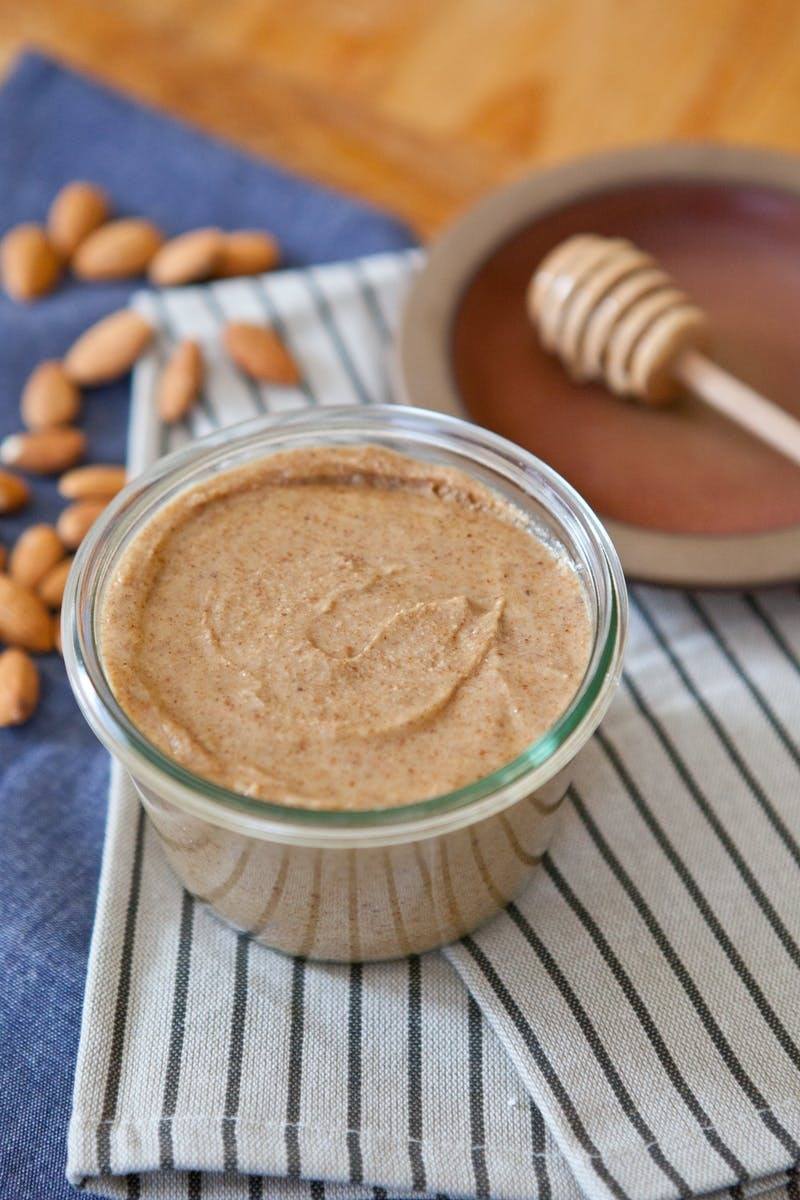Cinnamon (Cinnamomum cassia) has been one of the most commonly used ingredient in fragrances, medicine and cooking for ages. It was even used as currency at one point in history. Its rich and warm smell lights up even the coldest of winters, and its slightly spicy taste enhances the flavor of any dish it is added to.
Being a great source of dietary fiber, iron and calcium, cinnamon is truly beneficial to human health, hence it has become extremely popular spice in the healthy dieting circles. Native to Shri Lanka, cinnamon comes from the bark of a tropical evergreen tree, and can be found in rolled sticks, or ground, in powdered form.
There are two types of cinnamon available. The most commonly found is the darker colored, and more bittersweet tasting, cassia type, whereas the Ceylon type is more lighter in color and has a sweeter taste. Some of the most commonly known health benefits of cinnamon include its antioxidant function and the potential to lower blood sugar in people suffering from diabetes.
Cinnamon nutrition profile
1 tbsp of ground cinnamon contains
- 19 calories
- 4 grams of fiber
- 68% manganese
- 8% calcium
- 4% iron
With 0 g of sugar or fat, and 3% of vitamin K per 1 tbsp, cinnamon is an excellent ingredient to add to your daily diet due to its positive effect on digestion, immunity, blood sugar levels and heart health. [1]
Cinnamon health benefits
1. Cinnamon works as a great antioxidant
Antioxidant ability of cinnamon was analyzed in a 1999 study [2] where the results showed increased antioxidant enzyme activities in rats that were fed a high fat diet along with cinnamon or cardamom. Cinnamon is rich in polyphenols, phenolic acid, and flavonoids antioxidants that help the body fight the free radicals and decrease the oxidative stress in the body that leads to aging and diseases. [3]
2. Cinnamon produces anti-inflammatory effects
Active antioxidants in cinnamon produce great anti-inflammatory effects that protect the body from developing serious diseases due to inflammation. [4] [5]
3. Cinnamon may help preserve heart health
Cinnamon could potentially improve heart health since it proved to be effective in the improvement of important factors of good cardiovascular health – cholesterol levels and triglycerides. In a 2003 study [6], type 2 diabetes patients who consumed 1, 3, or 6 g of cinnamon per day showed reduced levels of total cholesterol, LDL cholesterol and triglycerides, with stable levels of HDL cholesterol. Additionally, a 2013 study [7] showed even better markers HDL-C (“the good” cholesterol).
4. Cinnamon protects against diabetes
Cinnamon has positive effect on blood sugar levels in type 2 diabetes patients. As a 2009 study [8] shows, significant reductions in blood glucose levels were related to cinnamon intake. Moreover, a number of studies have shown positive impact of cinnamon on blood sugar levels. [9]
5. Cinnamon can prevent neurodegenerative diseases
As a research shows, antioxidant effect of cinnamon can be one of the factors of decreasing the risk of oxidative stress and the aging of brain cells that causes neurological conditions known as Parkinson’s and Alzheimer’s disease. [10]
6. Cinnamon fights bacteria
Cinnamon is a powerful agent against infections and viruses caused by different bacteria, and it has been traditionally used for these purposes. A 2012 study [11] shows the strong anti-fungus effect of cinnamon’s essential oils against Candida albicans, Candida tropicalis, and Candida krusei.
7. Cinnamon improves oral health
Cinnamon anti-microbial effects were tested for effectiveness against causes of dental caries and were shown even more effective than clove oil. [12] Additionally, cinnamon provides a powerful solution for protecting against bad breadth. [13]
Does Cinnamon have any side effects?
Even though cinnamon is highly beneficial to the human health, some precautions must be taken, especially for high dosages. Higher amounts of cinnamon can cause sore and irritations of the mouth and the lips. Also, it can sometimes cause irritation and redness of the skin.
People with liver problems should be specifically cautious, as higher levels of cinnamon intake can cause toxicity.
As previously noted, cinnamon reduces the blood sugar levels, which asks for caution with diabetic patients who are undergoing treatment and take cinnamon supplements.
Cinnamon intake is not recommended for children as well as pregnant and breastfeeding women.
It is crucial that you consult your doctor for exact cinnamon supplements intake recommendations as they could react with antibiotics, heart medicines, blood thinners and diabetic drugs.
Recommended daily intake
As mentioned earlier, cinnamon has great potential to help fight diabetes and cardiovascular diseases as it tested positive for aiding insulin function, reducing blood glucose levels [14] [15] [16] and regulating lipid metabolism. [17]
Children, pregnant and breastfeeding women should avoid cinnamon intake due to insufficient research regarding its potential toxicity.
The suggested dose of cinnamon for diabetic patients is 1-6 g per day, with Ceylon cinnamon being a better option due to lower levels of coumarin, a hepatotoxic and carcinogenic phytochemical.
What to look for when buying cinnamon
As mentioned earlier, there are two types of cinnamon, the more easily found and less expensive Cassia cinnamon, and the Ceylon cinnamon that is supposed to have more health benefits, but is not so easily found. When purchasing cinnamon, pay attention to the type of it, and if it isn’t stated, it usually means that it is Cassia cinnamon.
While cinnamon sticks are the better choice, it is tricky to grate them yourself into a perfect powder most of the recipes require. When buying a powder, pay attention to the smell of it, since it is an indicator of its freshness.
Cinnamon recipes for you to try at home
Homemade Almond Butter with Honey & Cinnamon
Super easy to make, sweet and healthy butter to spice up your breakfast toast.
Chicken Stewed with Tomatoes, Cinnamon & Preserved Lemon
Amazingly rich and spicy twist to your regular dinner.
Cinnamon-Hazelnut Pavlova with Coconut Cream
Healthy, light and delightful cinnamon desert.
Featured photo credit: Pixabay via pixabay.com















































